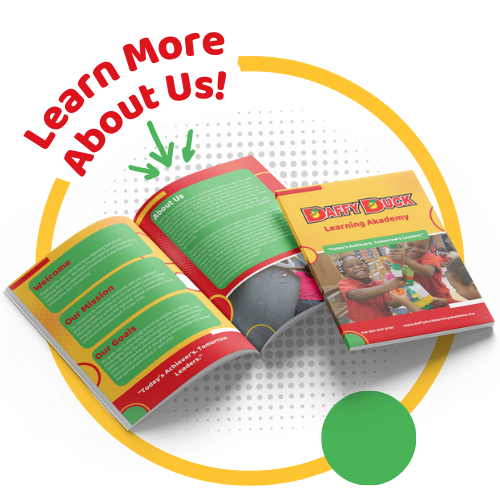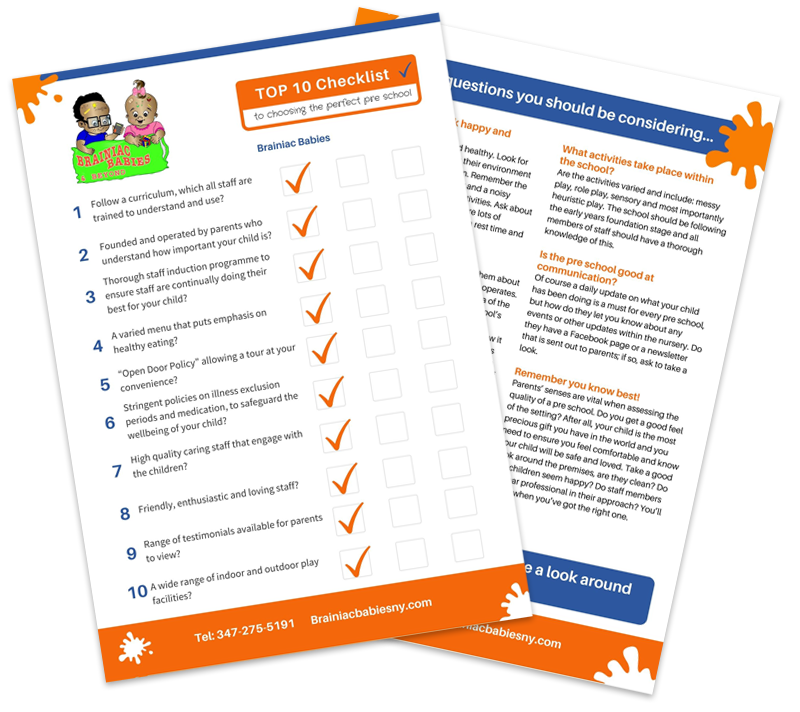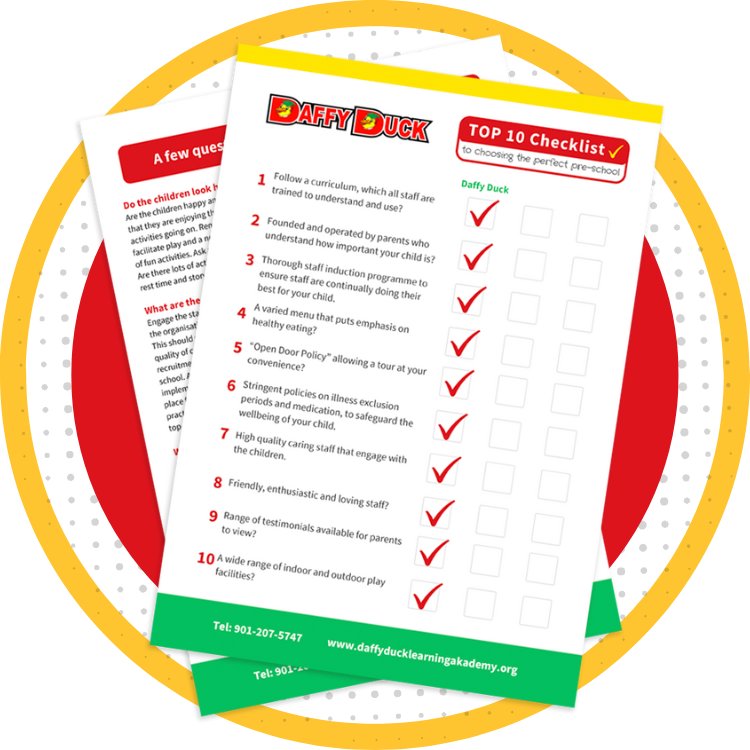To Secure Your 2-4 Year Old Funded Place For September 2018 You MUST Register By 31st August
Infant Childcare- Ages 6 weeks to 12 months
Below are the program goals for children in our Infant Program. Generally, by the end of the infant stage, children may be able to do the following:
Emotional Development
✔️Smile spontaneously
✔️Discriminate strangers from familiar people
✔️Establish and maintain eye contact
✔️Laugh aloud
✔️Recognize own image in a mirror
✔️Exhibit responses to things liked and not liked (e.g. food)
Development
✔️React to familiar persons/objects
✔️Enjoy simple social games
✔️Give and receive affection
✔️Imitate the behaviors of others
Language
✔️Respond to a sound by turning to its directional source
✔️Establish eye contact with staff members
✔️Babble and coo
✔️Smile when approached by others
✔️Imitate speech sounds
✔️Use single words (e.g., mama)
✔️Wave “bye-bye”
✔️Understand “No”
✔️Respond to own name
Physical Development Gross Motor
✔️Hold head erect
✔️Slide/scoot in various directions
✔️Roll over
✔️Crawl
✔️Sit with assistance
✔️Sit independently
✔️Walk with assistance
✔️Track an object visually
✔️Reach for objects
✔️Watch movement of own hand
Physical Development Gross Motor
✔️Grasp rattles/toys
✔️Hold objects and look at them
✔️Transfer objects and look at them
✔️Pull out large pegs from board
✔️Bang and pound objects
✔️Enjoy placing objects in and out of containers
✔️Hold a cup
✔️Use pincer grasp to grab small items
✔️Bounce while sitting/standing
✔️Kneel
Physical Development Gross Motor
✔️Climb
✔️Pull up self to standing position
✔️Stand alone
✔️Creep by hanging onto furniture
✔️React to the presentation of a toy
✔️Turn to look for a dropped object
✔️Uncover a hidden toy
✔️Use noise making toys (e.g. ring a bell, squeak a toy, etc.) in a purposeful manner
✔️Look at pictures in a book
✔️Look in the proper place for an object when it has rolled out of sight
Childcare for Toddlers – Ages 1 to 2 years
Below are the program goals for children in our Childcare for Toddlers Program. Generally, by the end of this stage, children may be able to do the following:
Emotional Development
✔️Recognize self in mirror
✔️Feed self
✔️Play alone
✔️Express affection to others
✔️Briefly delay immediate needs and wants
✔️Assert independence, sometimes
✔️Help with simple chores
✔️Be cooperative during dressing (e.g. coat)
✔️Attend to a task for a brief time (2-4 min)
✔️Show interest in toileting
✔️Use imagination in play
Social Development
✔️Parallel play with others
✔️Imitate activities and actions
✔️Share with others occasionally
✔️Assist others with simple tasks, sometimes
✔️Participate in a small group for short periods of time
✔️Initiate social responses with people
Physical Development Gross Motor
✔️Bounce while sitting/standing
✔️Kneel
✔️Pull self to a standing position
✔️Stand alone
✔️Creep
✔️Walk independently
✔️Kick and March
✔️Twist body
✔️Throw a ball, run and jump
✔️Push/pull toys
✔️Pick up objects from the floor without falling
Fine Motor
✔️Grasp, shake, point and drop
✔️Squeeze/bang/pound
✔️Pull
✔️Attempt to stack/build
✔️Stir, empty/fill, pour
✔️Scribble, turn pages, paint
✔️Use a spoon
Cognitive Development
✔️Respond to stimulus
✔️Imitate behaviors/sounds
✔️Explore own environment
✔️Play with objects and toys
✔️Point to three body parts (e.g. hair, eyes, nose, etc.)
✔️Recognize own name
✔️Respond to simple requests/directions
✔️Name three objects (e.g. verbally)
✔️Match and pattern
✔️Remember some previous information
Expressive Skills
✔️Babble and chatter
✔️Repeat sounds
✔️Repeat simple words
✔️Sometimes participate in simple songs and finger plays
✔️Imitate single word communications
Language
✔️Respond to a sound by turning to its directional source
✔️Establish eye contact with staff members
✔️Babble and coo
✔️Smile when approached by others
✔️Imitate speech sounds
✔️Use single words (e.g., mama)
✔️Wave “bye-bye”
✔️Understand “No”
✔️Respond to own name
✔️Jabber with expression
Two’s Program – Ages 2 to 3 years
Below are the program goals for children in our Two Year Preschool Program. Generally, by the end of this stage, children may be able to do the following:
Emotional Development
✔️Begin to assist with dressing self (e.g. Jacket, hat, etc.)
✔️Care for some physical needs with supervision
✔️Follow basic daily routines with staff assistance
✔️Assist staff in putting some materials, toys and equipment in the proper place with supervision
✔️Play alone and in small groups some of the time and with the total group occasionally
✔️Deal with emotions in a way suitable for developmental level, most of the time
✔️Respond to praise and suggestions from others
✔️Make the transition from home to center with a minimum of anxiety
Social Development and Living
✔️Participate in the total group some of the time
✔️Identify family members
✔️Share in a small group some of the time
✔️Cooperate most of the time
✔️Learn about some adult roles in the neighborhood (e.g. Doctor, firefighter, etc.)
Physical Development Gross Motor
✔️Perform simple loco motor tasks, including walking forward and backward, running and jumping
✔️Walk a few steps on a line on the floor
✔️Throw a large ball at least two feet
✔️Roll large and small balls
✔️Perform simple somersaults with assistance
✔️Manipulate large toys and wheeled equipment
✔️Use some of the playground equipment (e.g. Slide)
✔️Begin to participate in simple group games
Fine Motor
✔️Construct simple block structures
✔️Stack at least three small objects (e.g. Over two inches in diameter)
✔️Complete 3-5 piece puzzle
✔️Use crayons to create free-form designs
✔️Practice turning book pages one at a time
✔️Feed self, using spoon and tumbler
✔️Place pegs in pegboard, shapes into shape box, etc.
✔️Begin to participate in simple group games
Emotional Development
✔️Use words “big” and “little”
✔️Follow at least one direction
✔️Recognize and name two colors
✔️Identify familiar sounds in environment (e.g. Car horn, baby cry, etc.)
✔️Identify major body parts on own body
✔️Name some familiar animals and identify the sounds they make (e.g. Ducks quack)
✔️Identify a missing part of an object in a picture (e.g car without wheels)
✔️Identify functions of some familiar objects according to their use (e.g. Furniture, food, clothing, etc.)
Language Development
✔️Recognize own name and the name of caregiver
✔️Give simple answers to questions
✔️Identify some common objects and familiar people when names are given by staff
✔️Name some familiar objects in his/her environment
✔️Pronounce most words correctly (except for some articulation errors)
✔️Express own needs and wants
✔️Repeat a few simple finger plays
✔️Relate a simple activity or event
Reading Readiness
✔️Begin recognizing some letters of the alphabet
✔️Recognize simple, common story characters (e.g. The Three Bears)
✔️Retell a part of a familiar story
✔️Tell what is happening in a simple picture
✔️Listen to short stories
✔️Attend to films, filmstrips, puppet shows, etc., appropriate to developmental level
Science
✔️Show concern and care for animals
✔️Help plant and maintain simple plants (e.g. Indoors and outdoors)
✔️Identify some textures (e.g. Hard, soft, fuzzy, etc.)
✔️Identify some foods according to taste
✔️Assist with a cooking experience
✔️Learn about some insects (e.g. Butterfly, ant, etc.)
✔️Give simple descriptions of the weather (e.g. it’s raining, cloudy, hot, etc.)
Threes Program- Ages 3 to 4 years
Below are the program goals for children in our Threes Program. Generally, by the end of this stage, children may be able to do the following:
Art, Music & Movement
✔️Demonstrates skills in discriminating sounds (e.g. pitch, volume, tone, rhythm)
✔️Recalls words and gestures in a song and finger plays
Pre-math Skills
✔️Shows awareness of time concepts
✔️Uses one-to-one correspondence
✔️Able to match math patterns and concepts
✔️Counting from 1-20
✔️Assembles 8-20 piece puzzle
✔️Finds more than one solution to a problem
Science
✔️Observes and makes discoveries
✔️Uses planning to approach a task or activity
✔️Demonstrates the ability to discriminate taste, smell, and textures
✔️Shows awareness of cause and effect relationships
✔️Recalls the sequence of events, arranges things in a series
✔️Recognizes things that belong together conceptually rather than resemblance
Reading Readiness and Literature
✔️Recognizes patterns and can repeat them
✔️Demonstrates knowledge of how to use a book and shows enjoyment of books and stories
✔️Tells a story in sequence, following the pictures in a book
✔️Composes a story, letter or song and makes increasingly representational drawings
✔️Demonstrates visual discrimination skills
✔️Identifies by name a wide range of objects and events
Verbal and Written Language
✔️Demonstrates an interest in using writing for a purpose
✔️Uses words to describe the characteristics of objects and can make comparisons
✔️Uses compromise and discussion to resolve conflicts
✔️Uses words to communicate ideas and feelings
✔️Talks with other children during daily activities and participates in group discussions
Cognitive Development/Concept Development
✔️Shows curiosity and desire to learn
✔️Uses planning to approach a task or activity
✔️Applies information or experiences to a new context
✔️Classifies objects by physical features
✔️Accepts responsibility for maintaining the classroom environment
Fine Motor
✔️Coordinates eye and hand movement
✔️Uses small muscles to complete task
✔️Uses small muscles for self-help skills
✔️Uses writing and drawing tools with control and intention
Physical Development Gross Motor
✔️Walks up and down stairs
✔️Climbs up and down equipment without falling
✔️Throws an object in the intended direction
✔️Identify some foods according to taste
✔️Catches a ball or beanbag
✔️Runs with control over direction and speed
✔️Jumps off low surfaces and over objects without falling
✔️Shows balance in use of large muscles
Physical Development Gross Motor
✔️Walks up and down stairs
✔️Climbs up and down equipment without falling
✔️Throws an object in the intended direction
✔️Catches a ball or beanbag
✔️Runs with control over direction and speed
✔️Jumps off low surfaces and over objects without falling
✔️Shows balance in use of large muscles
Emotional Development
✔️Demonstrates trust in adults
✔️Shows ability to separate from parents
✔️Demonstrates interest and participates in classroom activities
✔️Helps others in need
✔️Follows directions when given
✔️Makes believe with objects and takes on a pretend role and makes believe about situations
Preschool – Ages 4 to 5 years
Below are the program goals for children in our Two Year Preschool Program. Generally, by the end of this stage, children may be able to do the following:
Emotional Development
✔️Dress and undress self with assistance in some areas, such as tying, snapping and buttoning
✔️Care for own possessions and those belonging to the group most of the time
✔️Place some toys, materials, etc., in their proper places without constant reminders
✔️Learn and accept new routines and changes
✔️Deal with emotions in a developmentally appropriate way, most of the time
✔️Respond to redirection from staff in a constructive way, most of the time
Social Development and Living
✔️Understand and participate as a cooperative member of a small group, most of the time
✔️Share toys and equipment, most of the time
✔️Make the choice between working alone and in groups and be able to do both at different times
✔️Cooperate in some group activities and projects
✔️Categorize people, places, events and objects in terms of whether they belong at child care or home
✔️Identify various kinds of transportation
✔️Understand and participate in the celebration of some national holidays
Physical Development Gross Motor
✔️Perform motor skills including sliding, leaping, stopping and running
✔️Walk a balance beam
✔️Catch a small ball (e.g. softball, tennis ball, etc.)
✔️Perform physical fitness exercises such as bending, stretching, reaching, relaxing and breathing, etc.
✔️Talk about why exercise is important and helps us grow (e.g. muscles, bones, etc.)
✔️Use large muscle equipment (e.g. tricycle, slides, etc.)
Fine Motor
✔️Use scissors and cut simple patterns
✔️Use small paint brushes and narrow line markers
✔️Glue or paste small objects in simple patterns
✔️Copy a triangle
✔️Assemble an 8-11 piece puzzle
Cognitive Development/Concept Development
✔️Recognize basic colors: red, blue, yellow, green, orange, purple, white, brown and black
✔️Identify similarities and differences of common objects on the basis of color
✔️In addition to identifying a circle, square and triangle, identify a rectangle
✔️Determine relative size of three objects in terms of big, bigger, biggest and small, smaller, smallest
✔️Identify similarities and differences of common objects according to their size and shape
✔️Develop an awareness of our five senses
✔️Follow a sequence of at least three directions
Verbal and Written Language
✔️Recognize and say personal information such as home address and telephone number
✔️Give simple directions
✔️Make up a story
✔️Tell a version of a familiar story (e.g. The Three Bears, etc.)
✔️Speak in complete sentences
✔️Follow simple instructions
✔️Ask for help when needed
✔️Incorporate new words learned into everyday vocabulary (e.g. from curriculum and daily living, etc.)
✔️Name basic objects and ideas that are important to daily routine (e.g. bathroom, front door, etc.)
Reading Readiness and Literature
✔️Name some letters of the alphabet (e.g. upper and lower case)
✔️Recognize some sight words in environment (e.g. stop, exit, etc.)
✔️Listen and enjoy being read to
✔️Answer basic content questions about stories a child has heard
✔️Relate the endings of familiar stories (e.g. Peter Rabbit, etc.)
✔️Name and tell about characters in stories
✔️Recite one or two simple poems or rhymes
✔️Relate basic cause and effect from a story child has heard
Science
✔️Participate in planting seeds and caring for growing plants
✔️Learn about some basic changes, such as ice melting, water boiling
✔️Construct simple structures using blocks and other building materials
✔️Experience and talk about weather changes in a simple way (e.g. clouds, rain, cold, snow and etc.)
✔️Practice basic habits for good health (e.g. wash hands, brush teeth, blow nose, and, etc.)
✔️Help prepare and tell about healthy foods
Pre-math Skills
✔️Rote count from 1-20
✔️Recognize most numerals from 1-10
✔️Set enough snacks or other objects on a table for at least eight children
✔️Identify sets of 0 to 5 objects
✔️Identify objects in terms of relative size (e.g. bigger than, smaller than or same size as)
✔️Match a number of objects to corresponding items
Art, Music and Movement
✔️Use and care for various art materials, including crayons, paste, chalk, clay, finger paints, paint and pencils
✔️Use additional art techniques, including drawing, collage, painting, printmaking and simple construction
✔️Use simple art forms to entertain self and others (e.g. movement, painting, drama, etc.)
✔️Identify simple songs and instruments
✔️Participate in a variety of music activities
✔️Use free-form movement and/or exercise in response to music
Happy Halloween
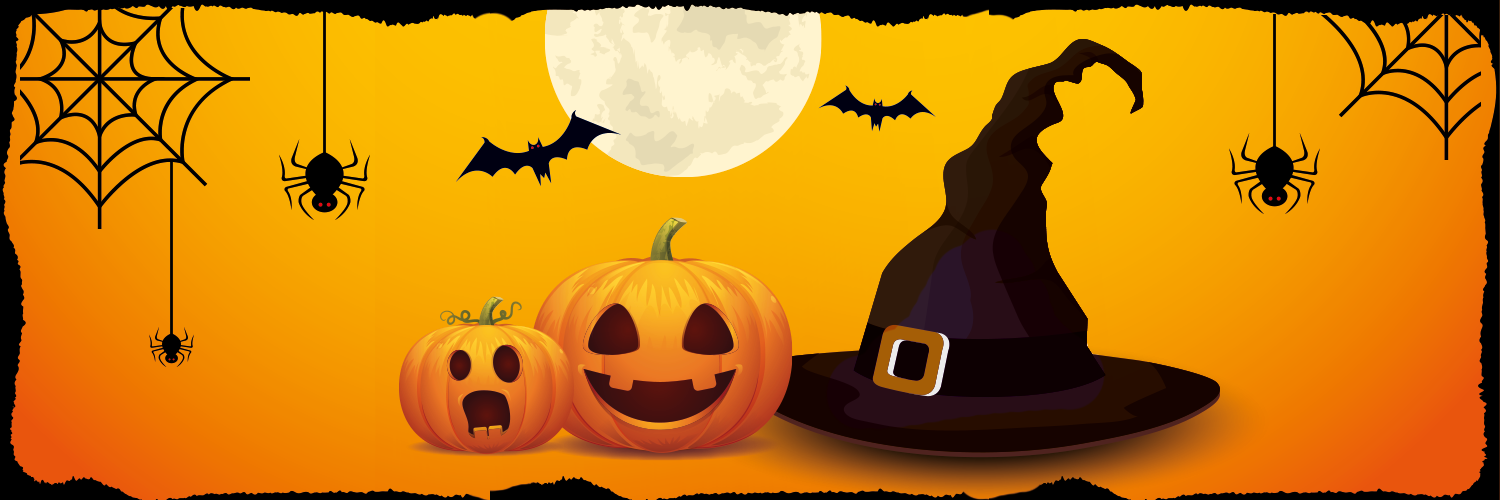
We're proud to be associated with...

We are proud to partner with High Point University
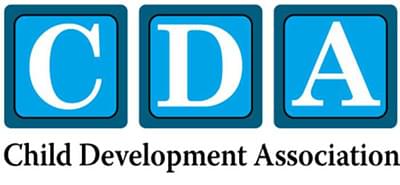
We are proud members of the Child Development Association

We maintain the Department of Health & Human Services Standards
"Today's Achievers. Tomorrow's Leaders."
Would you like to join the Rising Stars team?
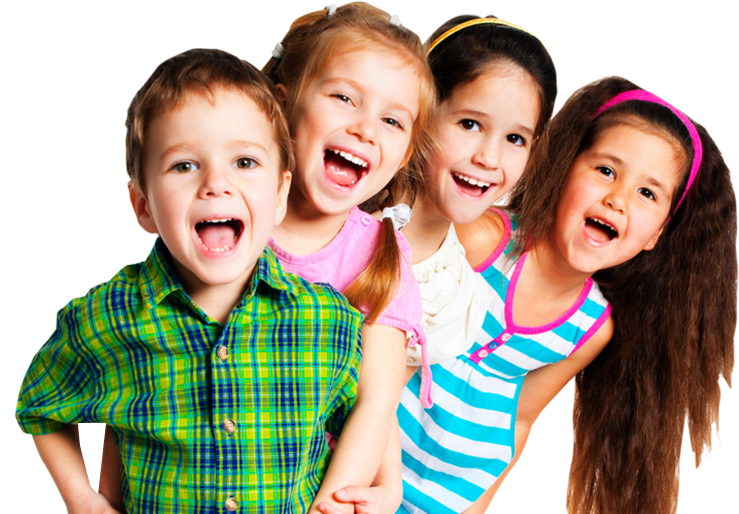
Here at Rising Stars Nursery & Daycare we're always growing and we'll never turn away someone with a desire to impact a child's life.
If you've got a BIG personality and you love our Family environment, then head on over to our Recruitment Section to apply to join our team.
Copyright 2021 Daffy Duck Learning Academy
Check out some of our blog articles....
Title Here
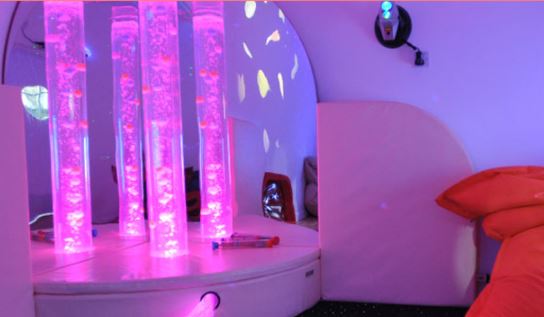
Lorem ipsum dolor sit amet, consectetur adipisicing elit. Autem dolore, alias, numquam enim ab voluptate id quam harum ducimus cupiditate similique quisquam et deserunt, recusandae.
Title Here

Lorem ipsum dolor sit amet, consectetur adipisicing elit. Autem dolore, alias, numquam enim ab voluptate id quam harum ducimus cupiditate similique quisquam et deserunt, recusandae.
Title Here

Lorem ipsum dolor sit amet, consectetur adipisicing elit. Autem dolore, alias, numquam enim ab voluptate id quam harum ducimus cupiditate similique quisquam et deserunt, recusandae.

